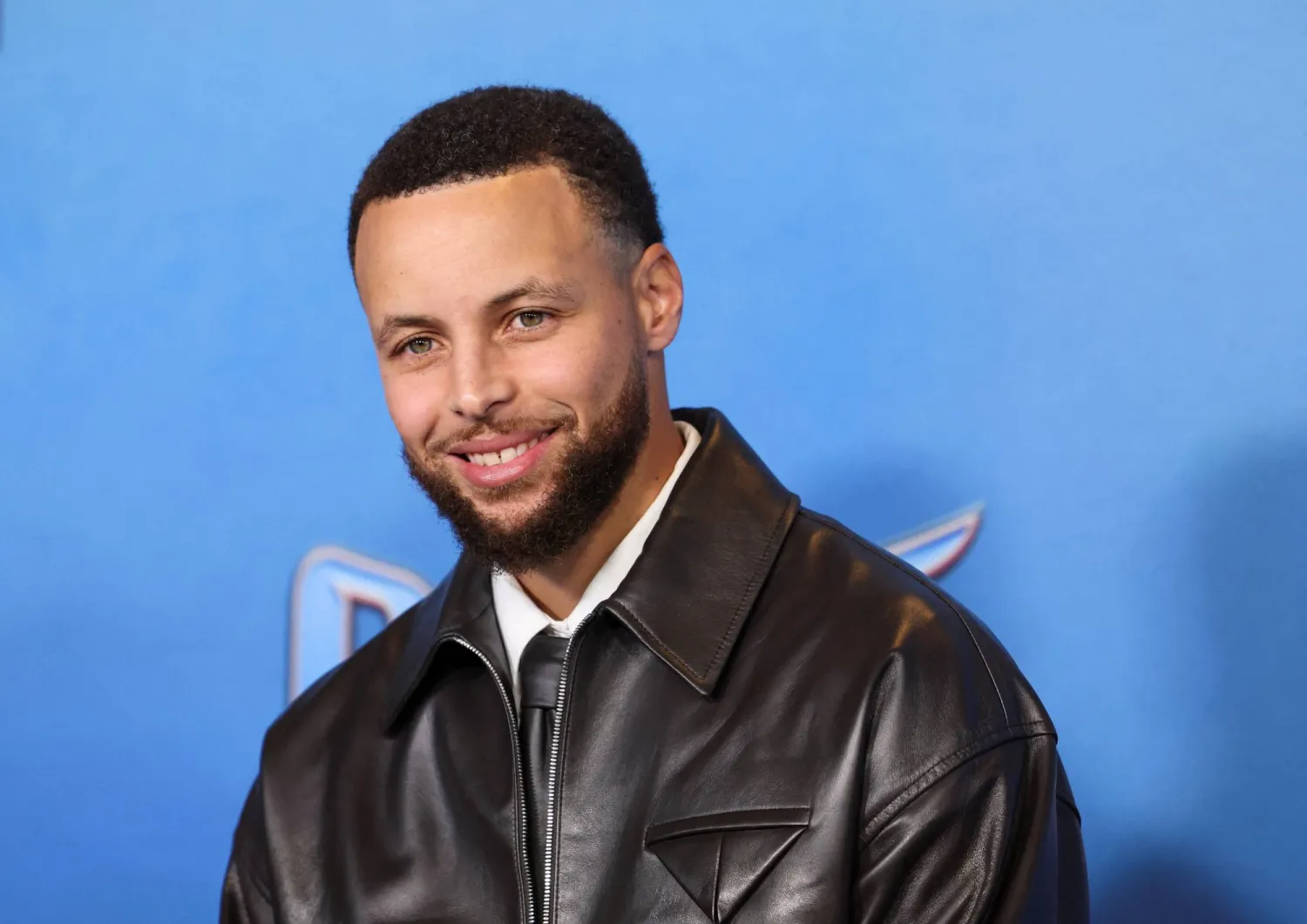"Oppenheimer," Christopher Nolan's epic movie about the creation of the atomic bomb, cleaned up at the Critics Choice Awards on Sunday, winning best picture and seven other prizes over its rivals as the Oscars race heats up.
The $1 billion-grossing movie, now the clear frontrunner for the Academy Awards in March, also won for best director, supporting actor, cinematography, score, ensemble, editing, and visual effects.
Collecting his prize for directing, Nolan thanked the critics who "helped with convincing mainstream audiences that a film about quantum physics and apocalypse could be worth their time."
Robert Downey Jr. thanked his fellow "Oppenhomies'" as he followed up his Golden Globe win with another best supporting actor prize.
Despite the dominance of "Oppenheimer," the remaining acting categories rewarded other films at the gala -- one of a raft of major awards shows in the run-up to the Academy Awards, which take place this year on March 10.
Emma Stone won best actress for "Poor Things," a surreal dark comedy in which she plays a Victorian reanimated corpse with the brain of an infant, who gradually learns about the world but refuses to pander to its social mores and hierarchies.
"Playing Bella was one of the greatest joys of my life. I got to unlearn a lot of things in playing her -- unlearn parts of shame, and societal stuff that gets put on us," she said.
"I'm very grateful to the critics... but I'm just learning not to care what you think," Stone joked.
The award is her latest after she won at last weekend’s Globes -- as did Paul Giamatti, who famously celebrated his victory by taking a late-night trip with his trophy to California's popular fast-food chain In-N-Out Burger.
"I didn't think my week could get any better than going viral for eating a cheeseburger," joked Giamatti as he won the best actor trophy for 1970s-set prep school comedy "The Holdovers."
"It's a good story about people connecting in divisive times. So, thank you for helping get it out to audiences."
The win puts the veteran actor, known for hits like "Sideways," head-to-head with Cillian Murphy, who portrays J. Robert Oppenheimer in Nolan's biopic, for the Oscars race.
Fellow "Holdovers" star Da'Vine Joy Randolph consolidated her position as this year's best supporting actress with her latest win for her portrayal of the school's grieving cook.
The Critics Choice Awards -- chosen by almost 600 members of North America's largest critics organization -- laid out a red carpet and lavish gala at a former airport hangar in Los Angeles for Hollywood A-listers.
Although "Barbie" -- the other half of last summer's "Barbenheimer" box office phenomenon -- has so far failed to capture top prizes this awards season, it was showered with honors in a range of other categories.
The film won for best comedy, original screenplay, song, production design, costume, and hair and makeup.
French courtroom drama "Anatomy of a Fall" won for best foreign-language film, and "Spider-Man: Across the Spider-Verse" was named best animated movie.
"American Fiction" won best adapted screenplay, while Harrison Ford accepted a career achievement award at the gala, hosted by comedian Chelsea Handler.









